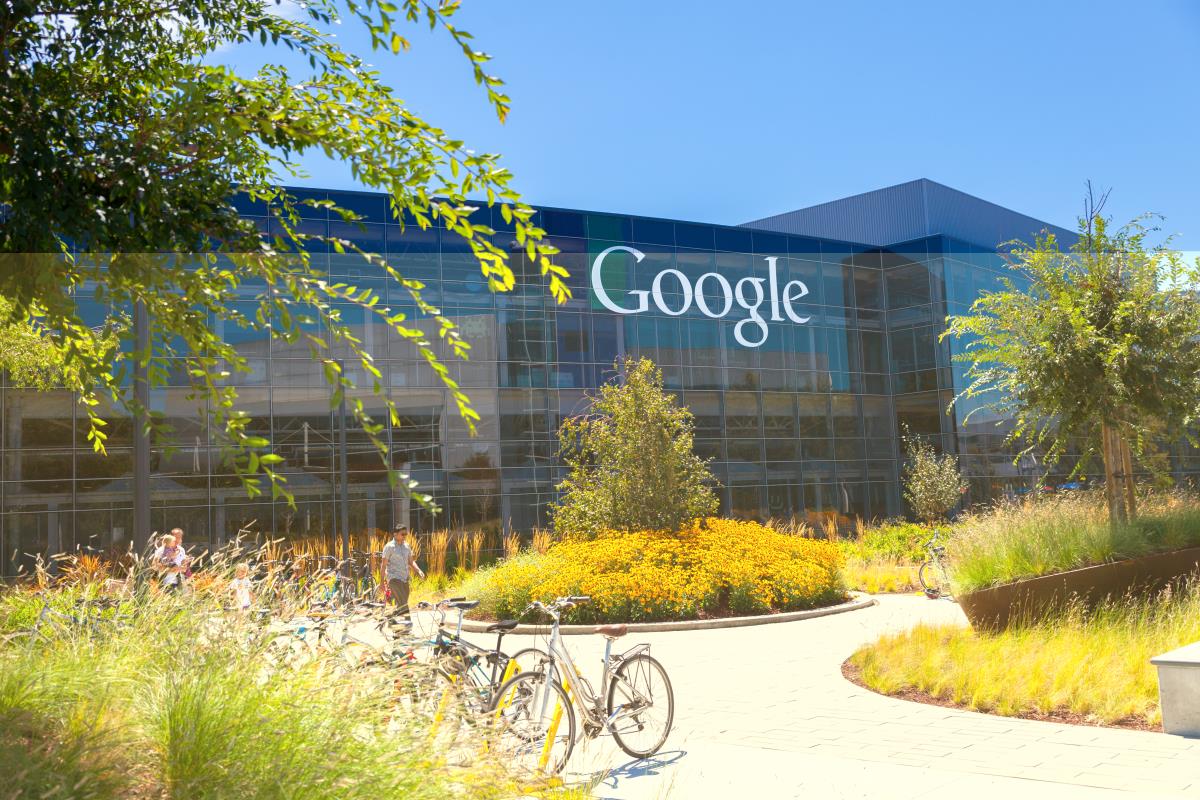IBM to replace 8,000 workers with AI automation; no more new hires for roles that can be filled by AI
05/04/2023 / By Ethan Huff

Last month, Goldman Sachs predicted that the growth and expansion of artificial intelligence (AI) will eventually lead to about 300 million layoffs among highly-paid, non-menial workers both in the United States and Europe. And IBM is already leading the way into this new robot economy by announcing plans to lay off nearly 8,000 higher-paid workers, all of whom will be replaced by automation.
Goldman chief economist Jan Hatzius explained, using data on occupational tasks both in the U.S. and Europe, that “roughly two-thirds of current jobs are exposed to some degree of AI automation.” Hatzius says that generative AI could eventually substitute up to one-fourth of the current global workload.
At IBM, the ultimate goal is to replace as many human jobs as possible with AI robots, which are easily enslaved and do not require a salary or benefits like humans do. This is music to the ears of IBM CEO Arvind Krishna, who of course will continue making millions while lower-level executives get axed in exchange for AI machines.
“I could easily see 30 percent of that getting replaced by AI and automation over a five-year period,” Krishna announced about how back-office functions like human resources will soon be slowed or suspended at IBM.
Such positions at IBM currently amount to around 26,000 human workers, many of whom will eventually lose their jobs and be replaced by AI robots.
(Related: Did you know that IBM, which helped exterminate Jews in the Third Reich, now celebrates the LGBT genital mutilation of children?)
In the future, only a very small percentage of top dog “elites” will be allowed to make a living – everyone below them will be fired and replaced with robots
Krishna’s AI replacement plan is among the most aggressive in the corporate world. And where IBM goes, so goes the rest of corporate America, which is also trying to replace its human workers with robots in order to generate more profits for the top dogs.
Many of the “mundane” tasks that occur at IBM, such as the sending out of employment verification letters and the moving of employees between departments, will soon be fully automated – no human beings required.
Currently, IBM employs about 260,000 workers. The company is still hiring for software development and customer-facing roles, but many of the background roles are being axed one by one in preparation for an eventual transition into the robot economy.
All this trimming of human employees helped IBM beat profit estimates in its most recent quarter. Thanks to stock buybacks in the past, IBM was able to manipulate and inflate its stock price until Warren Buffet eventually sold his shares, the stock buybacks ended, and the stock price at IBM has languished for at least the past five years.
By the end of 2024, IBM’s “productivity and efficiency” steps, which include replacing humans with robots, will save the company $2 billion a year, according to CFO James Kavanaugh, who made this statement during the company’s recent earnings call.
Right up until the end of 2022, Krishna was reassuring everyone that there would never be a recession. Now he admits that the U.S. is entering one, but claims that it will be “shallow and short.”
“I guess the advice of ‘learn to code’ just took a dark turn,” one commenter wrote in jest.
“If IBM is going to stop hiring for roles that can be replaced by AI, then they should begin with the CEO Arvind Krishna, the entire Board of Directors, then work their way down from there,” suggested another.
The latest news about the collapsing American and global economy can be found at Collapse.news.
Sources for this article include:
Submit a correction >>
Tagged Under:
AI, artificial intelligence, automation, Big Tech, bubble, computing, cyber war, cyborg, economic recession, economic riot, employees, future tech, Glitch, IBM, inflation, information technology, insanity, inventions, layoffs, money supply, pensions, risk, robotics, robots, tech giants, technocrats
This article may contain statements that reflect the opinion of the author
RECENT NEWS & ARTICLES
COPYRIGHT © 2017 FUTURETECH.NEWS
All content posted on this site is protected under Free Speech. FutureTech.news is not responsible for content written by contributing authors. The information on this site is provided for educational and entertainment purposes only. It is not intended as a substitute for professional advice of any kind. FutureTech.news assumes no responsibility for the use or misuse of this material. All trademarks, registered trademarks and service marks mentioned on this site are the property of their respective owners.


















